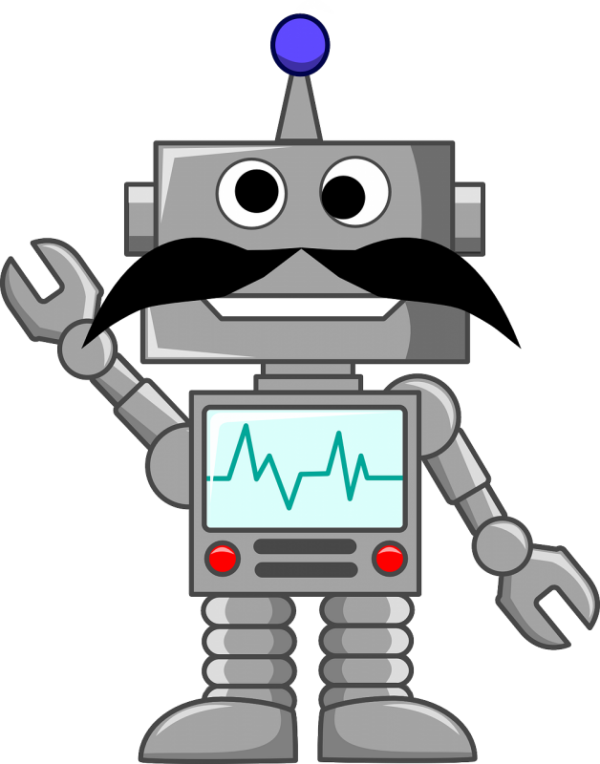Making robots work for us

If the rise of robots — the spread of automation — is killing jobs and threatening the world with disaster, how can this be seen as potentially beneficial? It’s a question that is frequently asked and seldom answered.
And most answers, where they exist, are of the vague variety that call for governments to introduce more regulation or better policies to at least ameliorate the consequences of this technological advance. These, often backed by the labour movement, usually call for new or higher tariff walls when the problem exists both within and without national boundaries.
At all times, the questions revolve around what is best for the majority, for what the Bill of Rights notes are the “democratic values of human dignity, equality and freedom”. If we are to accept that this is the desired goal of the majority, we should welcome developments that minimise drudgery and produce more and better products more cheaply and efficiently — but only if they benefit us all.
However, within our present system, inequality has grown; the rich have become massively richer while increasing numbers of the poor find themselves on the jobless scrapheap. It’s much like an increasingly powerful global vehicle being steered wildly toward a cliff by a small group of drivers who refuse to relinquish control although they are clearly in no fit state to carry on.
This is the reality and it applies everywhere, including in countries such as South Africa that proclaim themselves to be democratic. But democracy should mean much more than spending a minute or two in a polling booth every few years to sign away authority to a political party or individual members of parties.
Ancient Greece gave us the concept of democracy that, in direct translation, means “people’s power”. For all its failings, the citizens, particularly in the city state of Athens, did operate in a democratic manner. As author Professor John Rothchild has noted, democracy in ancient Athens testified to “a breadth of direct participation among those eligible that greatly surpassed any present-day democracy”.
The eligible in Athens were the citizens and they were able to enjoy such a high degree of popular decision making — of participatory democracy — because the drudgery and hard labour was carried out by human slaves. Today, we too have increasing numbers of unpaid slaves to free us from the need to labour merely to survive: they are digital and mechanical, the “robots”.
At a micro level of households, devices such as washing machines, dryers, vacuum cleaners and microwaves, benefit those who have the wages to afford them. But the wages come from working to produce these very items and others.
Because the logic of the system is for the minority in control to compete to become the biggest and most profitable, the most efficient and cost effective means of production are constantly sought, and bought. Unlike in the past, when craftspeople were absorbed into factory work when their labour became uncompetitive, there is now no alternative work.
Before the advent of 3D printing and robots manufacturing robots, the famous economist John Maynard Keynes warned in 1933 that automation was in danger of “outrunning the pace at which we can find new uses for labour”. He was right. We have got there.
So how do we escape this impasse? One possibility is to use the very technology that threatens humanity, in order to liberate us.
Today we have almost instant communication through cell phones and the internet and, in South Africa, we each have a unique ID number. There is also an additional advantage over most other countries: a truly democratic programme in the Bill of Rights.
So a start could be made by organising a citizens’ coalition based on neighbourhoods, workplaces and places of worship where people already gather. Groups that agree to operate within the framework of the Bill of Rights, could elect representatives who should be wholly accountable to, and recallable by, them.
All policy decisions at every level, should be debated and voted on by such groups, with the flow of information and the tallying of votes organised through a digital “switchboard”, that would have no political authority.
It won’t be easy, but it does seem the only way out of the present impasse in the long term.
Support independent journalism
Donate using Payfast

Don't miss out on the latest news
We respect your privacy, and promise we won't spam you.

This article is licensed under a Creative Commons Attribution-NoDerivatives 4.0 International License.
